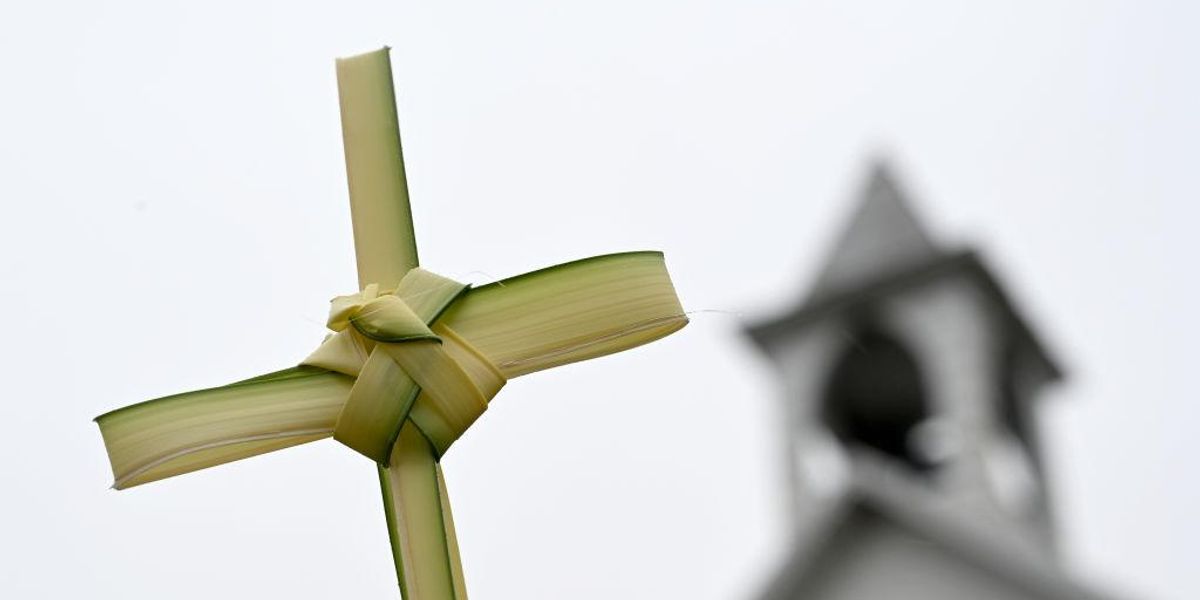Churchgoing citizens are now a minority demographic in the United States.
The percentage of Americans who belong to a house of worship such as a church, synagogue, or mosque dipped below 50% for the first time ever, according to a survey released by Gallup.
The new survey, published on Monday, found that only 47% of Americans reported membership in a place of worship in 2020, continuing a sharp downward trend that began at the turn of the 21st century.
Gallup first began tracking membership in 1937, at a time when 73% of Americans reported that they belonged to a house of worship. That high level of membership continued for the next six decades until 1999, when 70% of Americans still reported membership. But in the early 2000s, membership in a house of worship began declining steadily.
Gallup noted the downward trend in membership matches a similar trend in which Americans decreasingly express a religious preference.
“Over the past two decades, the percentage of Americans who do not identify with any religion has grown from 8% in 1998-2000 to 13% in 2008-2010 and 21% over the past three years,” the research company said. “As would be expected, Americans without a religious preference are highly unlikely to belong to a church, synagogue or mosque, although a small proportion — 4% in the 2018-2020 data — say they do. That figure is down from 10% between 1998 and 2000.”
The trend against religiosity is expected to continue as younger generations are increasingly likely not to belong to a house of worship.
According to Gallup, “Church membership is strongly correlated with age, as 66% of traditionalists — U.S. adults born before 1946 — belong to a church, compared with 58% of baby boomers, 50% of those in Generation X and 36% of Millennials.” The youngest adult generation in the U.S. — Generation Z — has reportedly produced similar rates to those of Millennials.
At the same time, while fewer Americans overall report belonging to a house of worship, the trend of increased church attendance with age has continued. Stated differently, this means that as Americans get older, they are still increasingly attending a house of worship.
Gallup cited this data to disprove a widely read 2019 op-ed published in the Washington Post that claimed that Millennials “are skipping church and not going back.”
Gallup’s report did not break down data about churches, synagogues, or mosques in isolation.
